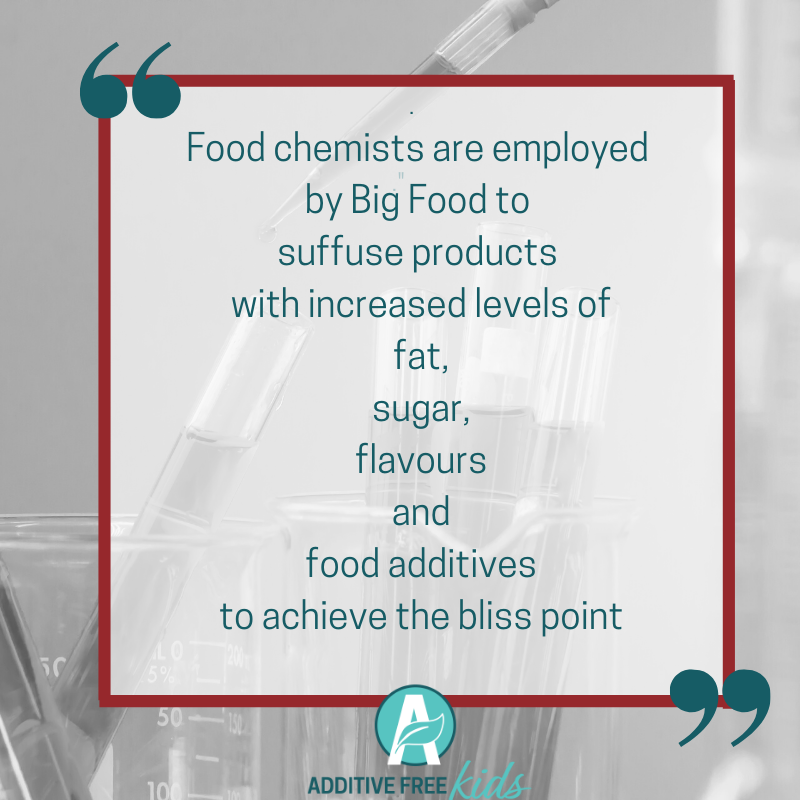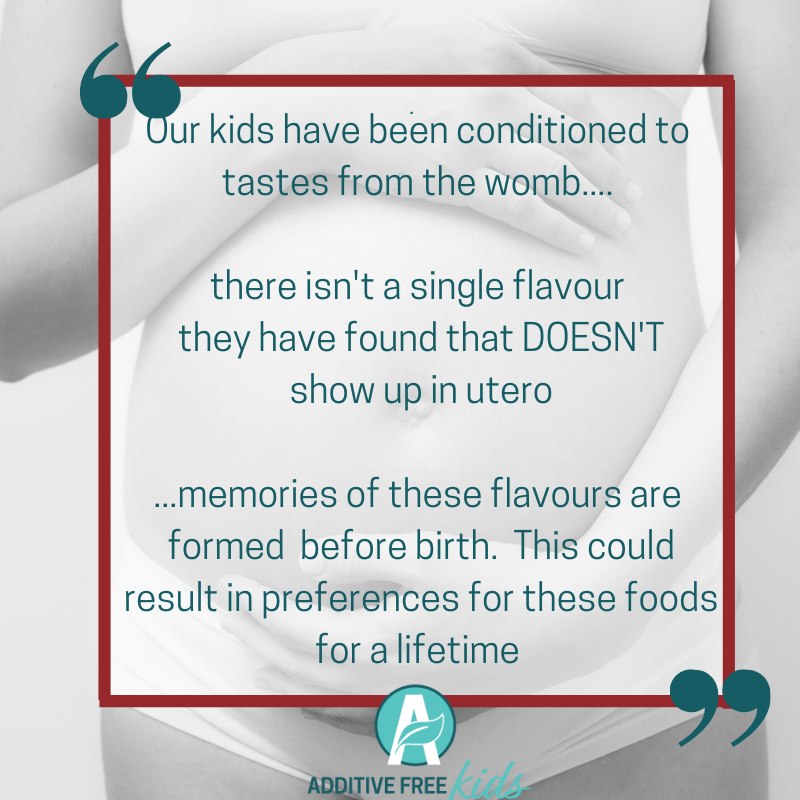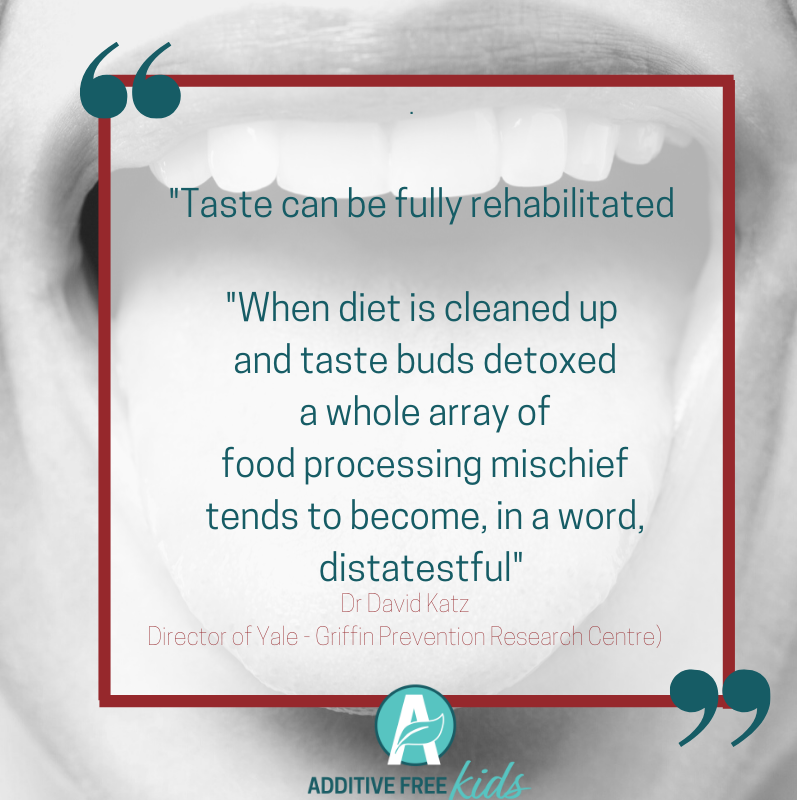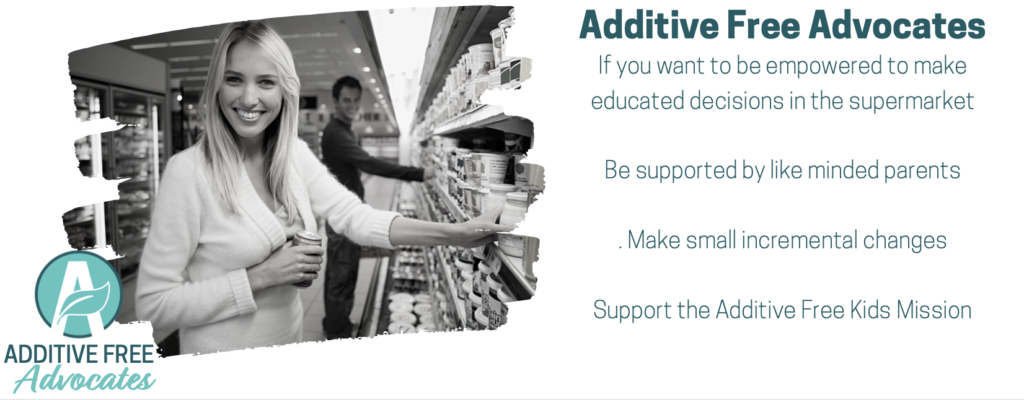How many parents struggle at meal times? Are your kids fussy easters? Do your kids like eating a wide range of vegetables?
Most Australian children don’t have their required servings of vegetables every day
Dr Deb Levy an Australian specialist pediatrician has stated that 75% or children don’t like certain vegetables. If you look at the Australia Bureau of Statistics, only 6% of our children (aged 2 – 17 years) have the recommended servings of vegetables every day.
Why is this?
Big food creating a generation of fussy eaters?
Have you considered that the majority of the food on our supermarket shelves are ultra processed foods? These foods have been created with bliss points in mind.
The bliss point is where the food is so delicious that you keep eating but that you don’t reach a sated level. Ever wonder how you polished off a bag of chips or other processed food when it wasn’t your intention?
Our foods are manipulated in such a way that they exceed the rewards of traditional wholefoods such as veges, fruits and nuts. Food chemists are employed by Big Food to suffuse products with increased levels of fat, sugar, flavours and food additives to achieve the bliss point.
The increasing availability of these foods across the world has made eating healthily a challenge. Most people don’t know what is in the food they are eating. It takes the most dedicated parents to avoid the minefield of additives.

Tastes have been conditioned from the womb and breastfeeding
Our kids have been conditioned to tastes from the womb. The fetus experiences what the mother experiences and tastes are already forming. At the tender age of 21 weeks after conception, the growing baby gulps down amniotic fluid daily. That fluid is flavoured by the foods and drinks the mother has eaten in the last few hours.
“Things like vanilla, carrot, garlic, anise, mint, these are some of the flavours that have been shown to be transmitted to amniotic fluid or mother’s milk,” says Julie Mennella. Julie Mennella studies taste in infants at the Monell Chemical Senses Center. Mennella’s work has been published in Pediatrics and she shares that there isn’t a single flavour they have found that DOESN’T show up in utero.
Most women are educated during pregnancy to ensure that they do not drink alchohol. They are advised to avoid soft cheeses for the effect it has on their unborn child. Yet, there is no mention or discussion about the impact that their food choices are having on their babies future health or that their food choices may result in fussy eaters.
Mennella also states that its not only the amniotic fluid and breast milk that is flavoured by foods, but memories of these flavours are formed before birth. This could result in preferences for these foods for a lifetime. In other words, if you eat broccoli while you’re pregnant, there’s a much better chance your baby will like broccoli! It is nature’s way of introducing babies to the foods and flavours that they are likely to experience in their family and their culture.

Flavours are added to our infants food
Once our children start the journey of eating food, they are being bombarded again. Many additives are prohibited from being added to baby food as they are known to cause harm.
There is a grey area, where additive like ingredients (they aren’t defined by the code) but have the same impact are included in infants food. Food manufacturers are taking advantage of labelling loopholes. They aren’t putting the health of our children first. You can see a blog I wrote here on this when I discovered a recent example.
So here our infants taste buds are being bombarded again with excitotoxins. They are getting hooked on these bliss points from a very young age. Any normal food will taste bland in comparison and they will push it away. Is it any surprise that they appear to be fussy eaters?
The odds are against parents trying to do the right thing
Before we even start trying to get our kids to eat food, they are already influenced.
David Kesller MD, former head of the FDA and author of “The End of Overeating: Taking Control of the Insatiable American Appetite” states that hyper palatable foods can lead to neuro-chemical addiction.
“By combining fats, sugar and salt in innumerable ways, food makers have essentially tapped into the brain’s reward system, creating a feedback loop that stimulates our desire to eat and leaves us wanting more and more even when we’re full.”
These foods are highly complex creations, “loaded up with layer upon layer of stimulating tastes that result in a multi sensory experience for the brain. Food companies “design food for irresistibility, it’s been part of their business plans.”
Don’t be disheartened though! You can turn this around
To be able to turn this around, we need to understand that our taste buds can regenerate. They are replaced every week or two (unless you are over the age of 50 or so where they lose sensitivity and the ability to regenerate).
They regenerate!
This means that taste buds can be moulded and shaped. It only takes a week or two to adjust. Your taste buds will adjust to lower thresholds of these flavours. They will be satisfied with lower amounts of sugar, salt, fat and additives.
Dr David Katz (Director of Yale – Griffin Prevention Research Centre) states that “Taste can be fully rehabilitated . If the dietary content of salt is drawn down, taste buds become more sensitive to salt and you (and child) can actually come to PREFER less. Ditto for sugar and the same is true for chemical aditives in food.”

“When diet is cleaned up and taste buds detoxed a whole array of food processing mischief tends to become, in a word, distatestful”
Have you ever experimented with going sugar free? Or chosen to eat only wholefoods, and when you come back to processed foods they taste overpowering or chemical like?
It is possible to change your children’s taste buds to prefer wholefoods, fresh fruit and vegetables. It just may take a week or two for them to adapt.
Is it time to look at how many additives are in the foods you eat?
If your children are having difficulty appreciating whole foods, it might be time to weed out the additives from the foods you are eating to allow their taste buds to regenerate and adapt to new tastes.
If you would like one on one help with this, feel free to send me an email at fr******@ad**************.au. Or, if you would prefer to learn about additives in a group setting with some personalised fast tracking from me, check out our RESET course. If you would like to take responsibility for the health and start making some incremental changes for your family so that you can make empowered decisions in the supermarket, starting today, I invite you to check out our Additive Free Advocates Membership program.


Frankie Bell is the Managing Director of Additive Free Kids, a food coach, mentor and is one of Australia’s leading activists against additives in foods.
Frankie is a mum to 5 boys and has personal experience working through the damaging effects of additives to resolve the multiple health issues and behavioural problems in her own children. It became Frankie’s purpose to help other families achieve the same improvements for their families.
These changes can be overwhelming, especially for time poor parents, Frankie has done all the hard work for families to ensure they have access to additive free food, anytime, anywhere. Additive Free Kids specialises in assisting families to live healthy lives free from additives. Join our thriving Additive Free Kids Community for support along your additive journey.


 My passion and mission is to work with families to reduce the overwhelm when going additive free. Moving to additive free living can bring back peace, calm and joy to families. I know it's possible and I've experienced it first hand with my 5 boys.
My passion and mission is to work with families to reduce the overwhelm when going additive free. Moving to additive free living can bring back peace, calm and joy to families. I know it's possible and I've experienced it first hand with my 5 boys.



